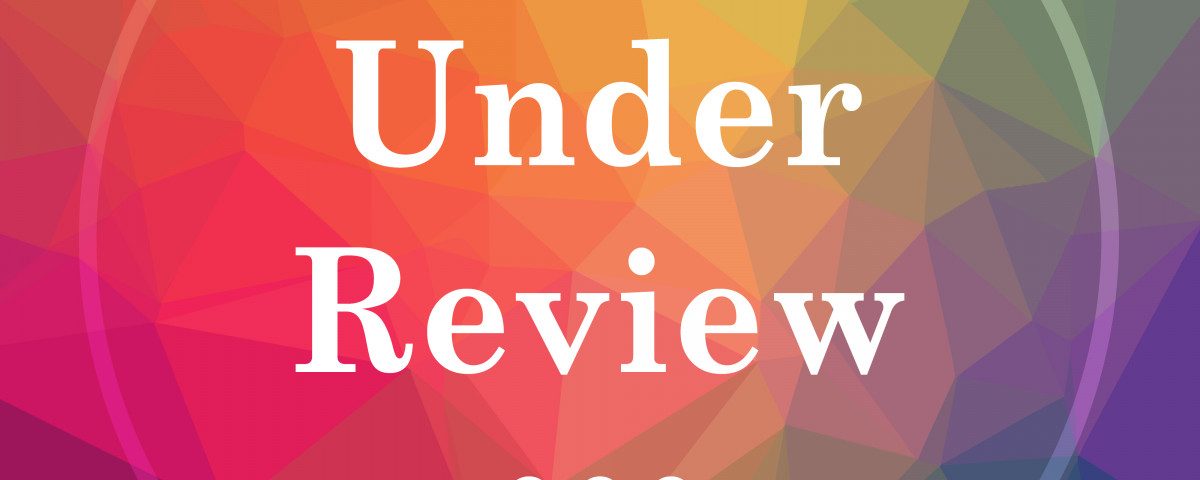The European Medicines Agency (EMA) has agreed to review a request to approve the investigational CAR T-cell therapy, lisocabtagene maraleucel (liso-cel), for people with pretreated lymphomas.
The marketing authorization application, submitted by Bristol Myers Squibb, is specific to patients with relapsed or refractory diffuse large B-cell lymphoma (DLBCL), primary mediastinal B-cell lymphoma (PMBCL), and follicular lymphoma grade 3B (FL3B), who have tried at least two prior therapies.
Liso-cel was granted an accelerated assessment by the EMA, shortening the agency’s review time to 150 days rather than the usual 210 days.
“With more than 30% of patients diagnosed with diffuse large B-cell lymphoma ultimately relapsing after initial therapy and an expected overall survival of about six months for patients who have had two or more prior therapies, there is a need for new treatments,” Stanley Frankel, MD, senior vice president of Cellular Therapy Development at Bristol Myers Squibb, said in a press release.
“The EMA’s validation of our application is a critical step toward bringing liso-cel to patients in Europe,” Frankel said.
Bristol-Myers filed similar request with the U.S. Food and Drug Administration, and a decision is expected by mid-November.
Chimeric antigen receptor T-cell therapy, more commonly known as CAR T-cell therapy, is a type of immunotherapy in which a patient’s T-cells — immune cells with anti-cancer activity — are collected and engineered in the lab to better recognize and eliminate cancer cells. The modified cells are expanded in the laboratory, and then returned to the patient to fight cancer.
Liso-cel (formerly known as JCAR017) is a type of CAR T-cell therapy that modifies the T-cells to recognize and kill malignant B-cells with the protein CD19 on their surface.
This experimental therapy was also granted priority medicines, or PRIME, designation for the treatment of relapsed or refractory DLBCL.
The recent application was based on data from the Phase 1 TRANSCEND-NHL-001 trial (NCT02631044), and the Phase 2 TRANSCEND WORLD trial (NCT03484702).
TRANSCEND-NHL-001 is investigating the safety, efficacy, and pharmacological properties of liso-cel in different types of relapsed or refractory B-cell non-Hodgkin’s lymphoma (NHL), including DLBCL, PMBCL, and FL3B. Patient recruitment is still underway at several sites across the U.S.
Results covering 256 patients showed that liso-cel cleared all detectable traces of cancer (complete response) in more than half of these people (53%), and partially shrunk tumor volumes in another 20%. Responses were similar across all patient groups and lasted a median of 13.3 months.
The median overall survival was 21.1 months, and the median time to disease progression or death was 6.8 months, which was better than survival outcomes given these patients on their last therapy, the researchers wrote.
Survival outcomes were even better for patients who achieved a complete response to liso-cel, with 65.1% being progression-free and 85.5% being alive at one year.
The most common severe, life-threatening, or fatal adverse events related to treatment were low blood cell levels. From the seven fatal adverse events reported in the trial, four were deemed related to liso-cel.
The TRANSCEND WORLD trial (NCT03484702) is also investigating the safety and efficacy of liso-cel in people with aggressive forms of NHL. This study is recruiting participants at sites across Europe and Japan, with top-line findings expected in August 2021.


